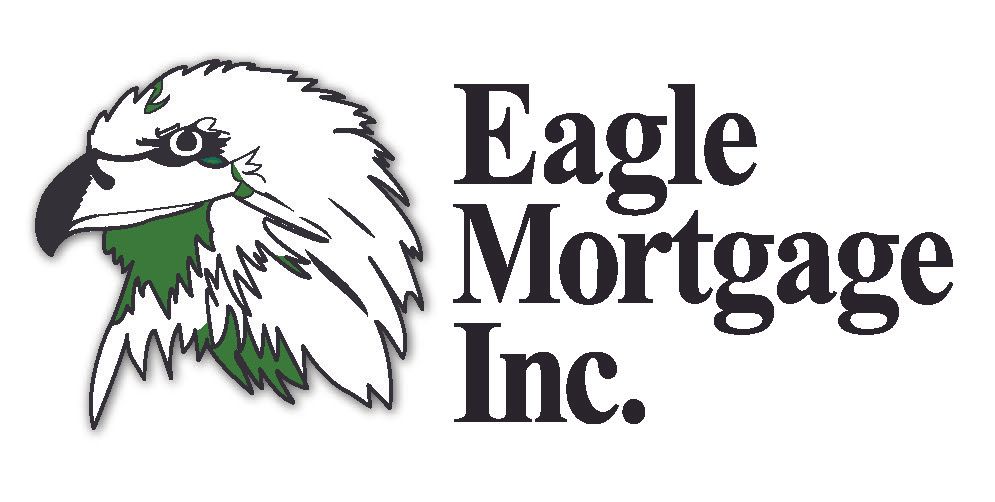Rising Interest Rates and Their Impact
The mortgage industry is witnessing a significant shift due largely to rising interest rates. As central banks around the world combat inflation, mortgage interest rates have climbed, affecting affordability for potential homebuyers. For those looking to refinance, the higher rates mean potentially higher monthly payments compared to recent years. This shift requires both lenders and borrowers to reassess financial strategies and expectations.
Increase in Adjustable Rate Mortgages (ARMs)
With fixed-rate mortgages becoming more expensive, there has been an uptick in the popularity of adjustable-rate mortgages (ARMs). While ARMs offer lower initial rates, borrowers should fully understand the potential risks and future payment changes. It's more important than ever for borrowers to engage with knowledgeable mortgage advisors to discern the best mortgage product to suit their financial situation.
Technology Integration in Lending Processes
Technological advancement continues to transform the mortgage industry, streamlining lending processes with innovations like AI and machine learning. Lenders are implementing these technologies to enhance the customer experience by speeding up application processes, improving credit evaluations, and reducing loan originations' complexities and costs. As a result, borrowers benefit from a more efficient and integrated application process.
Sustainability Considerations in Property Purchasing
Sustainability has become a more significant factor for both lenders and buyers in the mortgage market. Green mortgages, which incentivize eco-friendly home improvements or energy-efficient homes, are increasingly popular. These initiatives not only promise long-term savings on energy bills for homeowners but also align with growing environmental concerns.
Government Regulations and Policies
Regulatory changes continue to impact the mortgage industry, with governments globally introducing policies to stabilize housing markets. These regulatory actions can range from adjusting minimum down payment requirements to imposing limits on investment properties. Both lenders and borrowers must stay informed about policy changes as these can have substantial implications for mortgage qualification and real estate investments.
The mortgage landscape is evolving rapidly in response to economic, technological, and environmental shifts. Whether you're a prospective buyer, current homeowner, or industry professional, staying informed and adaptable is essential to navigating these changes successfully. Always consider consulting a mortgage expert, like those at Eagle Mortgage Inc., to understand how these trends may affect your mortgage options and financial planning.

